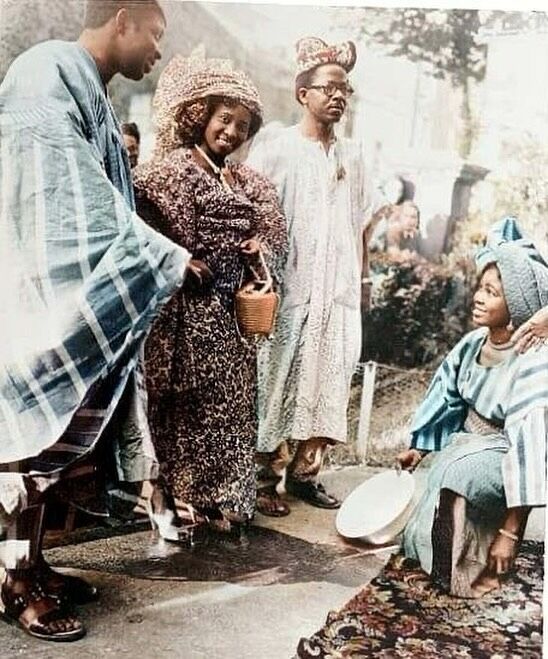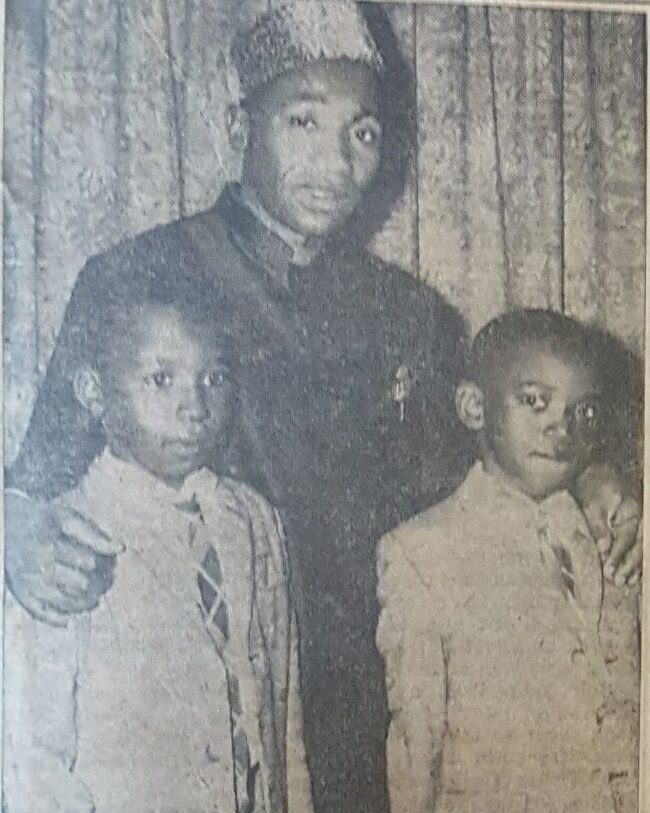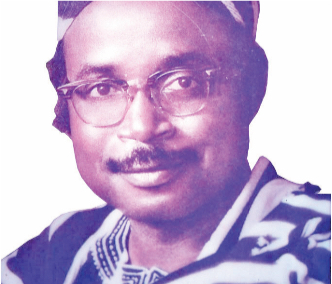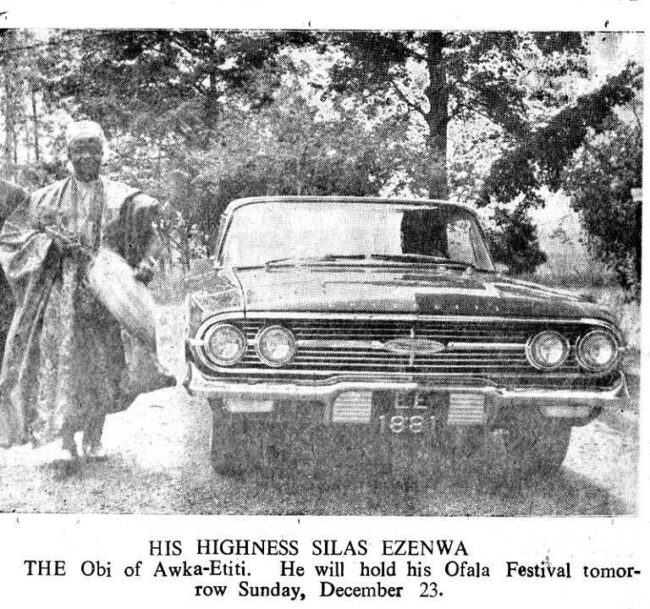The poignant tale of President Muhammadu Buhari and Benue State Governor Aper Aku in 1984. Buhari imprisoned Governor Aper Aku, who was largely considered the greatest governor to have ever led Benue State, following his military takeover. Benue state governor Abdullahi Shelleng named Aper Aku as Chairman of the Kwande Local Government Council in 1977. Because the council members belonged to various factions—some were loyal to Paul Unongo, the head of a rival political movement, and some to Joseph Tarka, Akus’s mentor—he presided over a hostile council. On the other hand, his government was seen as sincere and efficient.In 1978, Aku submitted his resignation as the local council’s chairman and joined the National Party of Nigeria (NPN) primary for governor of Benue State. He defeated opponents including George Atedze and Isaac Shaahu to win the NPN primary. He went on to win the governorship of Benue State in 1979 and was again elected in 1983. As governor, Aku had to deal with a lot of issues in a state that had a long history of neglect, especially in the minority-populated south. Nonetheless, the state has excellent agricultural potential due to its rich soil and copious amounts of rainfall. During his administration, Aku promoted large-scale agricultural development, and the state had record yields of indigenous crops such yams, cassava, soy beans, cowpea, maize, guinea corn, millet, groundnut, banana, mangoes, and oranges. In the vicinity of the produce-growing regions, the government set up several companies to process agricultural products and make fertilizer.The Benue Brewery, Benro Packaging, Benue Bottling Company, Lobi Bank, Ber-Agbum Fish Farm, Ikogen Cattle Ranch, Taraku Vegetable Processing Industry, and Benue International Hotel in Makurdi are just a few of the businesses that Aku started. He intended to build a flour mill in Makurdi and started the Makurdi International Market. Aku also constructed a modern State Secretariat. Instead of continuing with the development of a huge medical center at Apir, he started building seven cottage hospitals in various areas. He founded the University of Technology in Makurdi, as well as two Teachers Colleges in Oju and Makurdi. He started a massive initiative to increase the number of secondary schools. He won the contract for the Art Council Complex, began construction on the Makurdi stadium, and constructed roads and street lights in the Makurdi township. In a coup on December 31, 1983, General Muhammadu Buhari took over and installed military officials in lieu of the civilian governors. Following Aku’s removal from government, the state’s finances were gravely indebted. The agricultural output fell as the subsequent military governors abandoned many of the projects he had started. The complex water supply plans that Aku had started were shelved, and the constructed infrastructure was not kept up with. The late Governor Aper Aku is still thought to be the greatest Benue State governor in history. He was previously described as a visionary leader who was ahead of his time…




